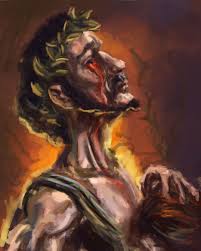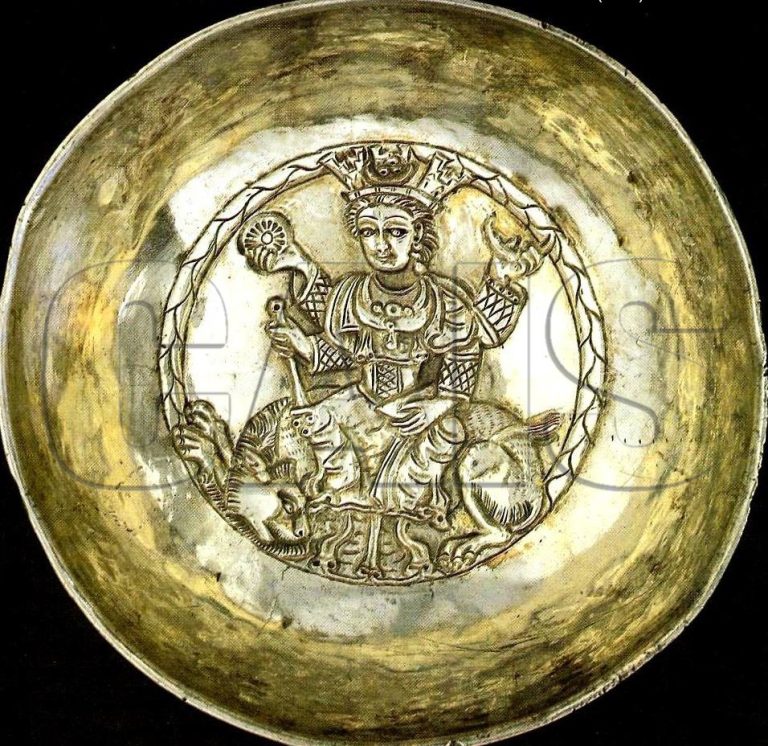John Dryden, a towering figure in English literature, is often celebrated for his profound influence on poetry and drama during the Restoration period. Appointed as England’s first official Poet Laureate in 1668, Dryden’s work not only reflects the literary trends of his time but also marks a significant evolution in the role of the poet within society.
Born on August 19, 1631, in Aldwincle, Northamptonshire, Dryden came from a well-to-do family. He attended Westminster School and later studied at Trinity College, Cambridge. His education laid a solid foundation for his literary career, allowing him to engage with classical texts and develop a keen understanding of poetic forms.
In 1668, Dryden was appointed Poet Laureate by King Charles II, a role that came with the responsibility of composing poems for royal events and public celebrations. This appointment was significant; it formalized the position of the poet in the public sphere and established a precedent for future laureates. Dryden embraced this role with enthusiasm, producing works that captured the spirit of the age while also addressing contemporary political and social issues.
Dryden’s poetry is characterized by its versatility and depth. His early works, such as “Astrea Redux,” celebrate the return of Charles II to the throne after years of Puritan rule. This poem reflects the Restoration’s optimism and the desire for stability in a turbulent political landscape. One of Dryden’s most notable contributions to English literature is his satirical poem “Absalom and Achitophel” (1681). In this work, he deftly uses biblical allegory to comment on the political situation of his time, particularly the tensions surrounding the succession of the throne. The poem showcases Dryden’s mastery of verse and his ability to blend political commentary with poetic artistry.
Dryden also made significant contributions to drama, with plays like “All for Love,” which reimagines Shakespeare’s “Antony and Cleopatra.” His dramatic works often explore themes of love, betrayal, and moral complexity, showcasing his ability to capture human emotions in all their intricacies.
Dryden’s style is marked by its clarity and eloquence. He employed heroic couplets—pairs of rhymed lines in iambic pentameter—which became a defining feature of English poetry. His ability to balance formality with emotional depth set a new standard for poets who followed. As a critic, Dryden also played a crucial role in shaping literary standards. His essay “An Essay of Dramatic Poesy” (1668) discusses the nature of drama and lays out his views on poetic unity and decorum. This work not only influenced contemporary writers but also established Dryden as a key figure in literary criticism.
John Dryden passed away on May 1, 1700, but his impact on English literature endures. As the first Poet Laureate, he paved the way for future poets to engage with political and social issues through their work. His blending of satire, drama, and lyrical poetry has inspired generations of writers. Today, Dryden is remembered not just as a poet but as a literary innovator who transformed the role of the poet in society. His works remain essential reading for anyone interested in the evolution of English literature, offering timeless insights into human nature and the complexities of life.
John Dryden’s legacy as England’s first Poet Laureate is a testament to his extraordinary talent and enduring influence. Through his poetry and criticism, he not only shaped the literary landscape of his time but also established a framework for future poets to explore their roles as commentators on society. As we continue to study his works, we gain valuable insights into both the Restoration period and the timeless themes that resonate through literature today.
Asal Nasiri





